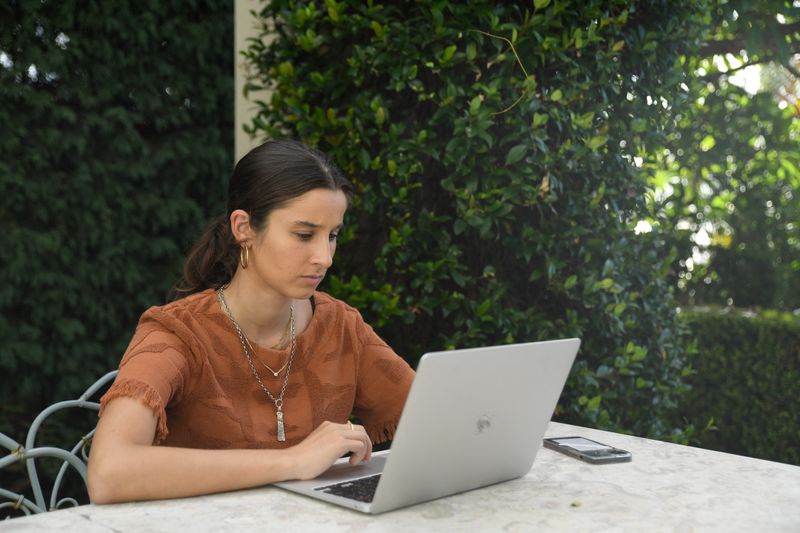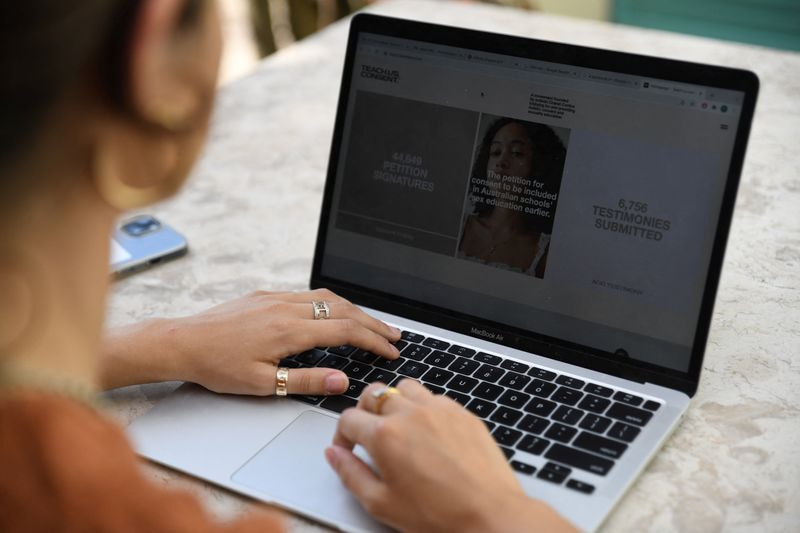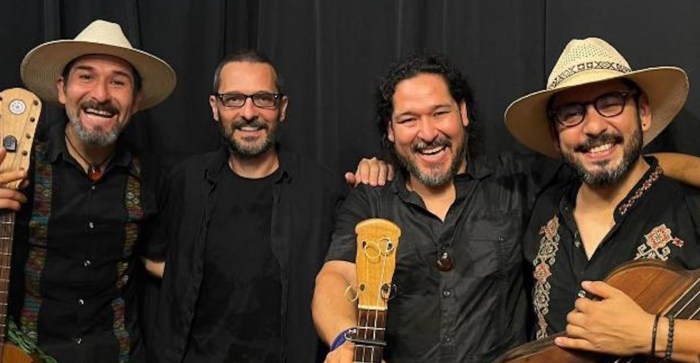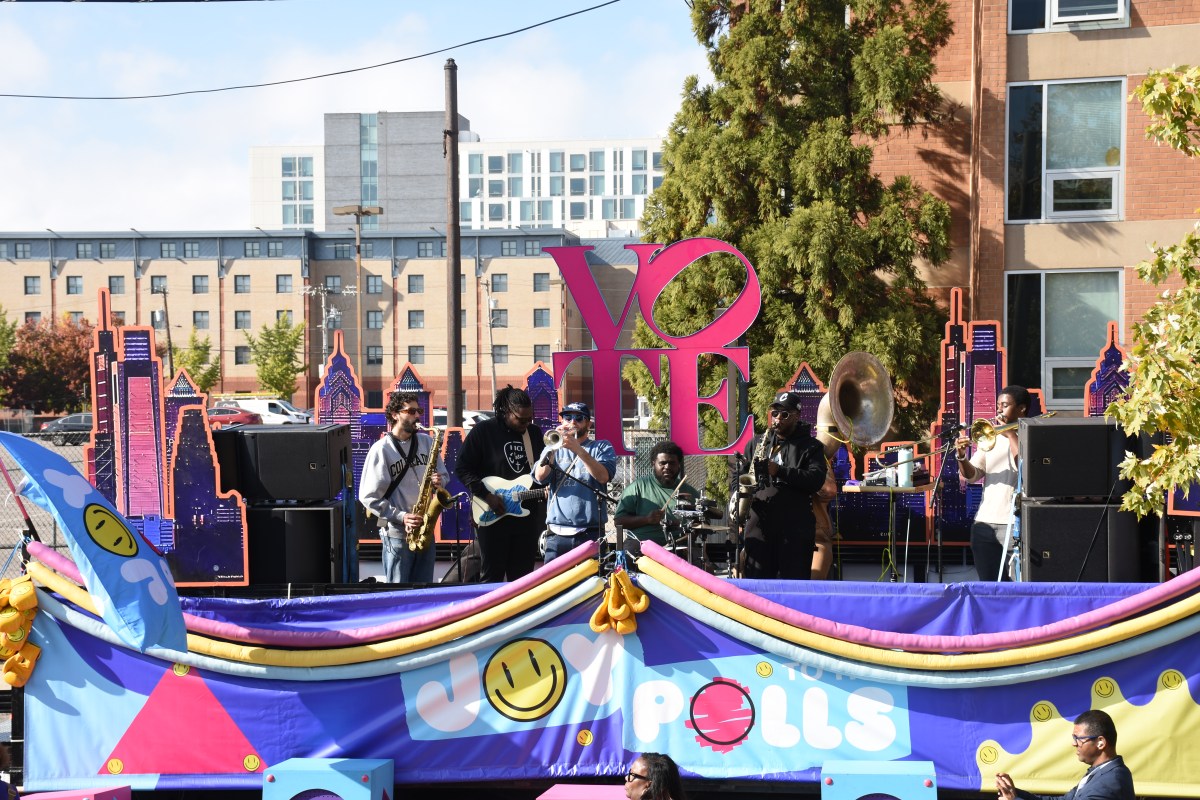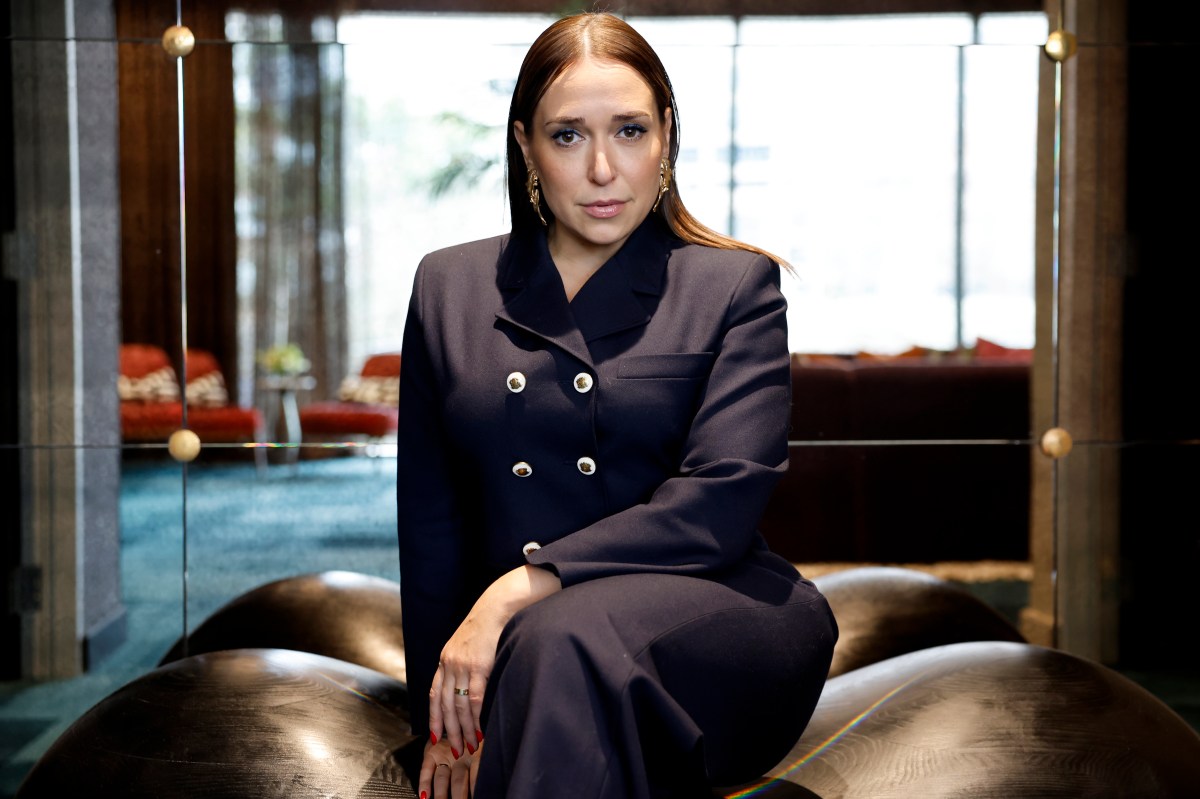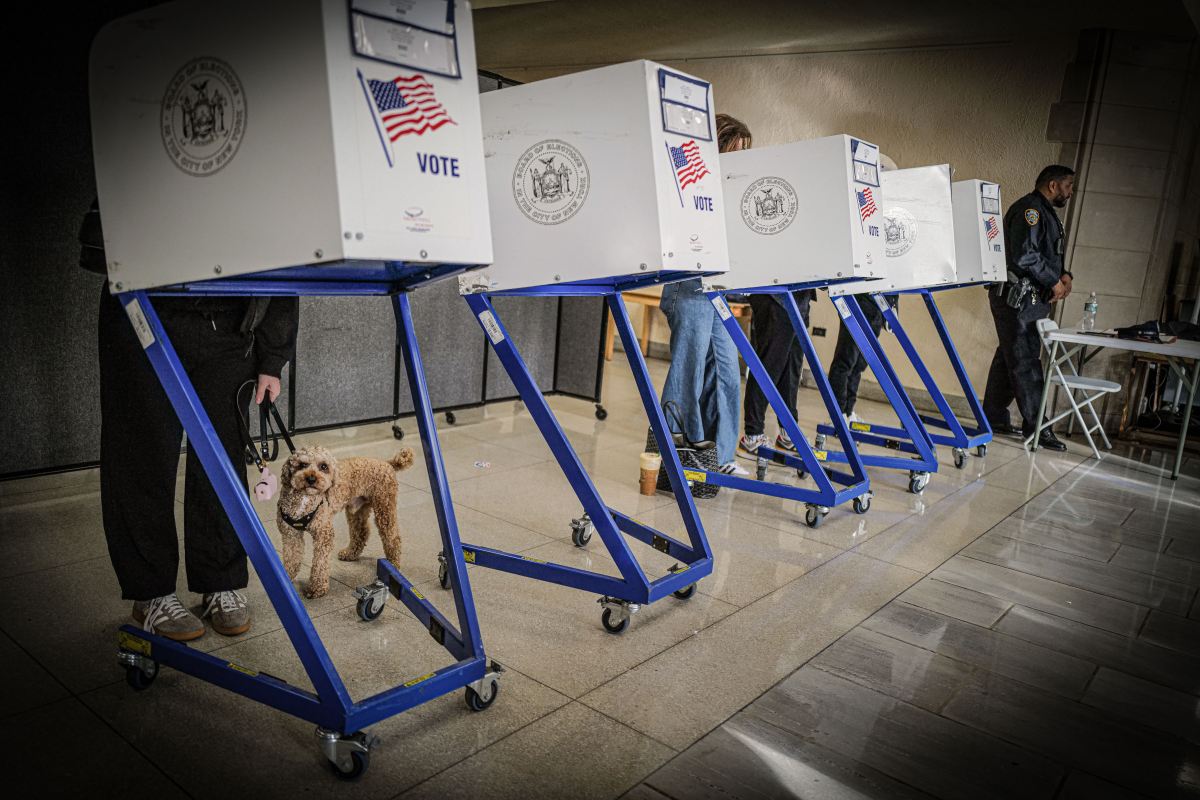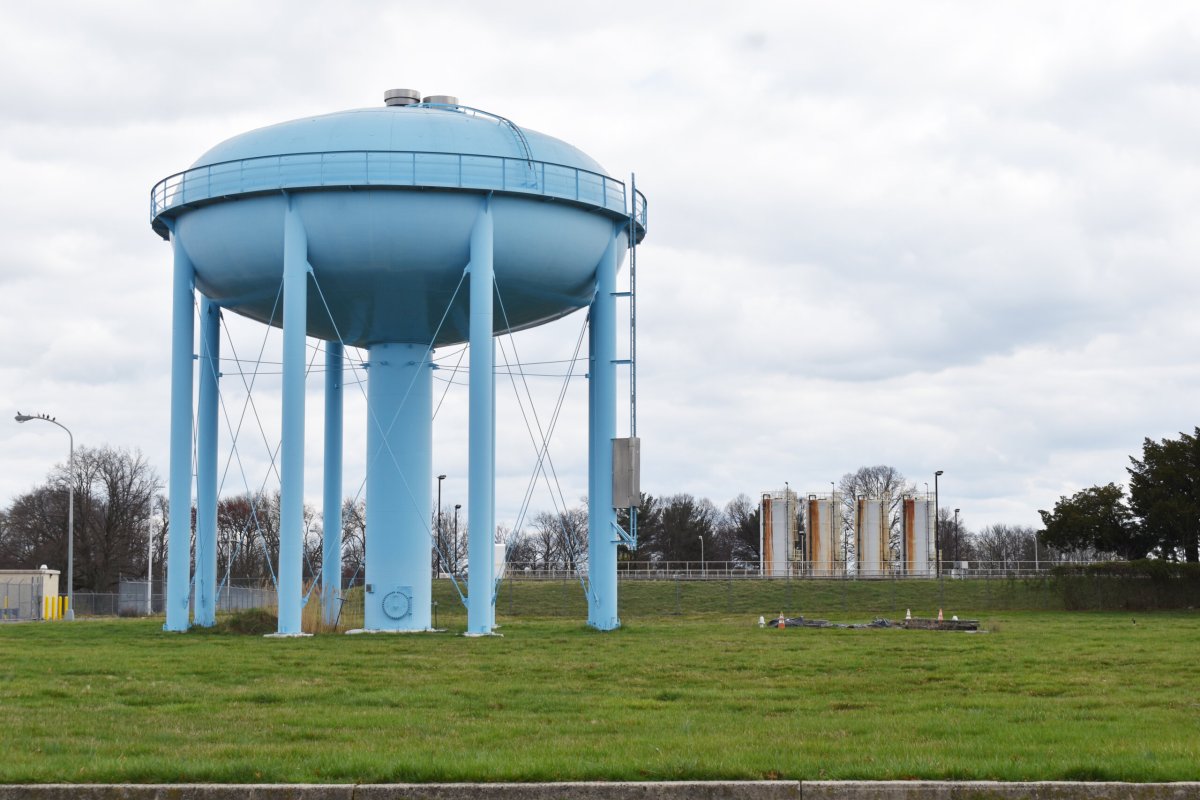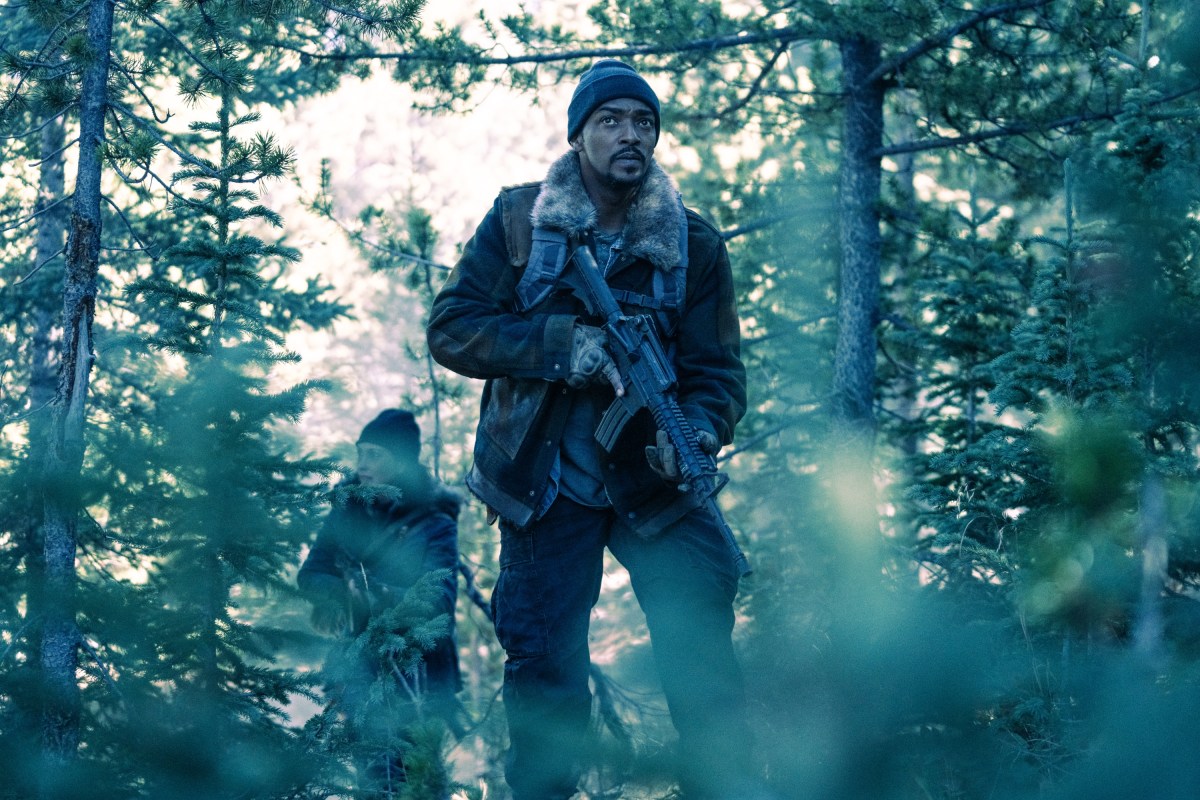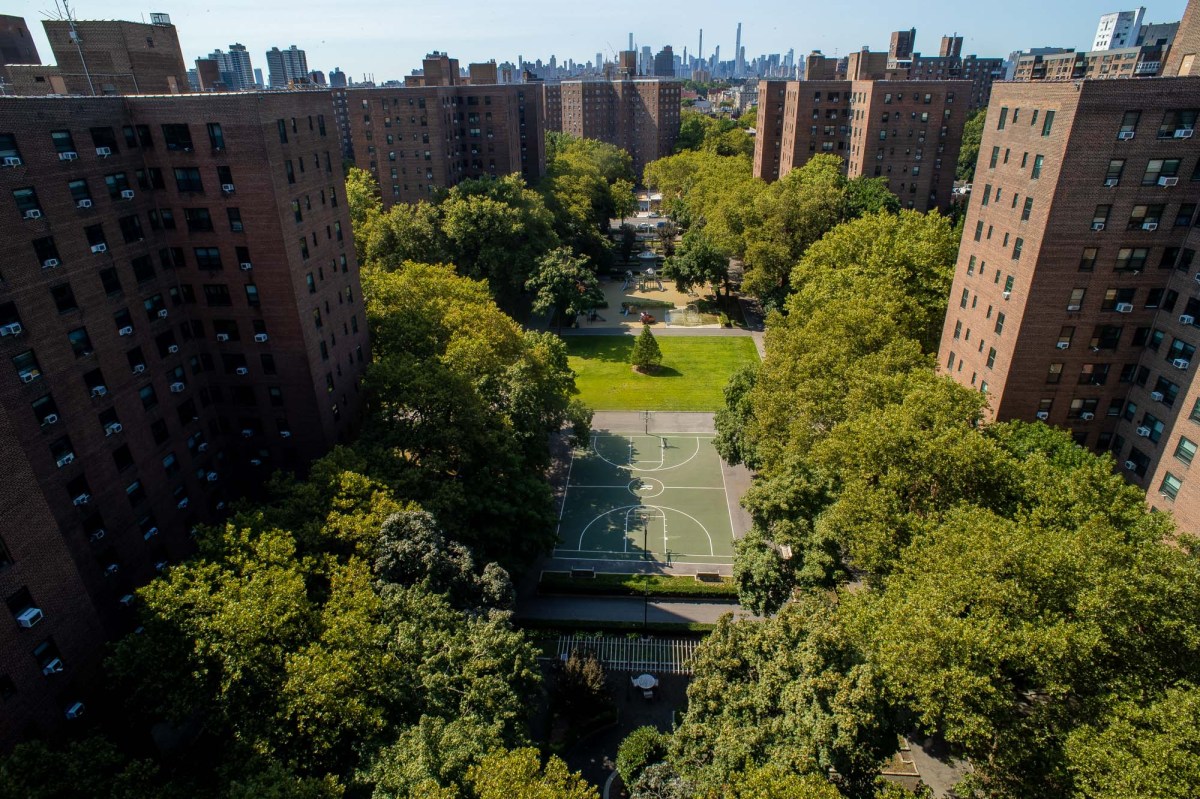By Cordelia Hsu
SYDNEY (Reuters) – After a year of crusading for age-appropriate consent education in every Australian school, Chanel Contos has nearly achieved her goal, and it all started with a simple question she posed on Instagram in 2021.
Contos was sexually assaulted when she was 13, but it was not until two years later, when she received consent education for the first time, that she realised what had happened to her was considered sexual assault.
“I just thought that was normal and thought that was what happened in sexual experiences because I knew no better,” Contos, 24, told Reuters.
After hearing many stories from her friends about sexual assault, Contos asked her Instagram followers in February 2021 if they had been sexually assaulted by anyone who had attended boys’ schools in Sydney.
Hundreds of affirmative responses later, with confronting testimonies of sexual violence, Contos launched a petition demanding mandatory, age-appropriate consent education in every Australian school from kindergarten through to Year 10, the final year of compulsory education, when students are about 16 years old.
A year on, the petition has garnered more than 44,000 signatures, and nearly 7,000 people have disclosed their personal experiences of sexual assault.
“We live in a rape culture. Our society has essentially normalised rape,” Contos said.
Following her push, several Australian states instituted consent education programmes in their public schools, and a programme is on track to be mandated nationwide this year, following a six-yearly review of the national curriculum.
Contos met with education ministers from across the country last month to discuss implementing the mandatory programme, and all agreed to it in principle.
Australia’s acting education minister, Stuart Robert, said recent government research found there was not enough knowledge about sexual consent, especially among young people.
“Our work and Chanel’s great work really coincided at the same time, and the review of the curriculum was a perfect opportunity to lead into this as a health measure for young people,” Robert said.
The programme would start teaching concepts of consent and asking permission to children as young as five.
Contos said she wants to continue pushing for institutional change to prevent gendered violence and believes education and reducing taboo around these topics is key.
(Reporting by Cordelia Hsu in Sydney; Editing by Karishma Singh)

